Loading
Journal of Experimental Neurology
ISSN: 2692-2819
Latest Articles
Integrating Psychotherapy into Clinical Care for Individuals with Parkinson’s Disease
Andreas-Antonios Roussakis , Rima Hawkins , Cara Mackley , Paola Piccini
Psychotherapy has historically played a limited role in Parkinson’s disease (PD) care, despite the high prevalence of neuropsychiatric and psychological conditions in this population. With sporadic evidence for the benefits of psychotherapy in PD, a clear pathway for psychotherapeutic intervention is still in development.
J Exp Neurol, 2025, Volume 6, Issue 4, p158-161 | DOI: 10.33696/Neurol.6.119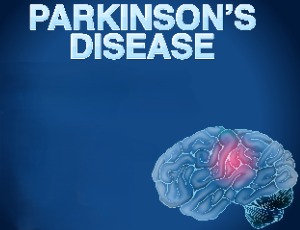
A Commentary on “Suppressive Effect of Topical Moxifloxacin on Imiquimod-Induced Model of Psoriasis in Mice”
Alaa Hamza Abbas
The Journal of Experimental Neurology frequently highlights studies that bridge the gap between neurological disorders and systemic conditions, particularly those with an immunological component. The recent article, "Suppressive Effect of Topical Moxifloxacin on Imiquimod-Induced Model of Psoriasis in Mice," by Abbas et al., presents intriguing data suggesting a potential role for the fluoroquinolone antibiotic moxifloxacin in the treatment of psoriasis, a chronic inflammatory skin disorder.
J Exp Neurol, 2025, Volume 6, Issue 4, p162-165 | DOI: 10.33696/Neurol.6.120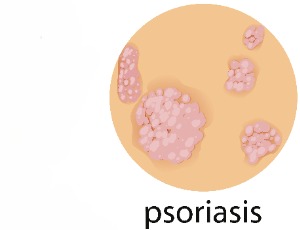
From Atmospheric Forecasting to Neurological Inspiration: The Emerging Role of Brain Emotional Learning in Environmental Modeling
Alireza Hakimi
The intersection of computational neuroscience and environmental modeling has birthed novel algorithms that emulate brain-inspired emotional learning. One such contribution is the BELBFM (Brain Emotional Learning Based on Basic and Functional Memories) model, recently proposed for dual-height wind speed forecasting. While designed for meteorological applications, the structure and function of BELBFM echo principles long studied in neurobiology.
J Exp Neurol, 2025, Volume 6, Issue 4, p181-182 | DOI: 10.33696/Neurol.6.122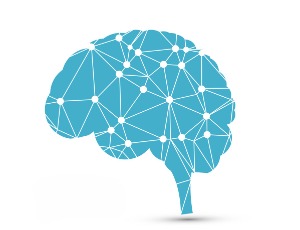
Extraforaminal Spinal Nerve Stimulation: A Practical Surgical Guide Based on Clinical Experience
Danielle Kohr , Alaa Abd-Elsayed , Sudhir Diwan , Michael Kugler
Extraforaminal spinal nerve stimulation (SNS) is an emerging neuromodulation technique for treating neuropathic pain. Targeting the spinal nerve distal to the intervertebral foramen enables anatomically precise stimulation, distinguishing it from conventional spinal cord or dorsal root ganglion stimulation. This article provides the first comprehensive description of the extraforaminal SNS approach, including technical refinements, anatomical insights, and clinical experience.
J Exp Neurol, 2025, Volume 6, Issue 4, p166-180 | DOI: 10.33696/Neurol.6.121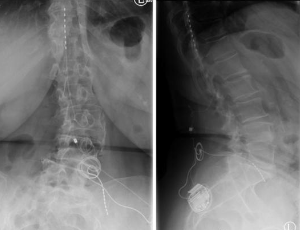
Hypoplastic Internal Carotid Artery in a Young Stroke Patient
Farid Ullah , Muhammad Osama , Salman Khan , Imran Ullah , Abdullah , Aizaz Ali , Hafsa Salim
Hypoplastic internal carotid artery (HICA) is a rare congenital vascular anomaly, typically asymptomatic due to collateral circulation. However, in certain cases, it may present with ischemic stroke. We report a 17-year-old male with a history of smoking and illicit drug use who presented with acute left-sided weakness. Imaging revealed an infarct in the right middle cerebral artery territory and a hypoplastic right internal carotid artery.
J Exp Neurol, 2025, Volume 6, Issue 4, p183-187 | DOI: 10.33696/Neurol.6.123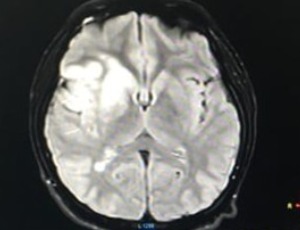
About Scientific Archives
Scientific Archives is a global publisher initiated with the mission of ensuring equal opportunity for accessing science to research community all over the world. Spreading research findings with great relevance to all channels without any barrier is our goal. We want to overcome the challenges of Open Access with ensured quality and transparency.
